From July 20-29, I had the privilege and the opportunity to visit the region off BC’s Northern Coast known as Haida Gwaii (Islands of the Haida and for a while known as the Queen Charlotte Islands).
With two fabulous hosts and seven other educators, including my sister, Evangeline, and Koenraad Beugelink, Faith Formation Director, we lived and learned on the territory of the people whose culture, ways of living, history, and hopes we were aiming to understand more about. Organized and sponsored by the Christian Educators of BC and the Society of Christian Schools in BC, the intention of this professional development program was to better understand, appreciate, and later, apply this knowledge to our classrooms and communities.
How do I try to condense everything I learned and experienced into bite-sized pieces for different audiences? Using simple phrases or principles I heard or observed during the trip is helping me slowly and simplistically unpack this experience.
Let me share with you a few of these:
1. Everything depends on everything else.
This is one of six guiding principles from Haida Law. “Gina ‘waadluxan gud ad kwaagid (in Haida)- meaning interconnectedness.” We clearly saw how the ripple effects–from changing ecosystems, food chains, and invasive species–have shifted life on the islands. From the dwindled sea otter population to the invasive Sitka deer, and the overpopulating sea urchins, the cycles of life are so interconnected and fragile. But this concept also recalls the way we act as people have ripple effects too. We depend on each other, as we should in community, but some of our behaviours, actions, and emotions depend on things that have come before, things that we experience daily, and things that we have fallen into the habit of. Nothing is ever done in isolation.
2. It’s not supposed to be fun to kill.
This was a quote from Dale Lore, an ex-logger turned activist alongside the Haida nation, for preservation of parts of the islands. He is also the former mayor of Port Clements. He took us inland into the forests of Haida Gwaii and showed us CMTs (culturally modified trees) left behind by Haida people, on ancient (500+ year old) cedar trees. These projects were left in the woods when a smallpox epidemic tore through in 1862 and decimated the Haida people.
While he toured us around the area, Dale told us about excessive levels of fishing, logging, and forms of trophy hunting. He repeatedly emphasized the difference between catching fish and animals for “fun” versus for necessity or food or cultural practice. It really made me reflect on the way in which historically and in present time we humans have found entertainment in destruction–whether that’s attending a hanging or playing violent games and scoring points for deaths, or simply killing things just because we can. How fallen is that? We should be striving to cultivate life in all forms instead of this continual “killing.”
3. Resilience and recovery
Over and over again, I was struck by a people’s (in this case the Haida) ability to be resilient and to recover. It doesn’t always happen. Communities, minorities, people who are downtrodden or who have seen so much destruction, trauma, pain, and frustration are often not able, willing, or allowed to push much beyond those things.
I saw so much evidence of people finding renewed hope in their cultural traditions, heritage, and history to renew their present and help to shape their future. The Haida Watchmen program is one area, where members of the Haida nation take up their place on the southern islands at ancient Haida village sites from spring to autumn.
4. Returning to the Earth
The idea of things returning to the Earth was something that kept lingering in my mind. While we may not phrase it exactly like this in our own cultural backgrounds, we talk about it regarding things like littering, and how we can throw the apple core in the yard because “it will return to the ground,” but we shouldn’t do that with a beer can.
I saw a striking contrast between the ways in which the ancient Haida village sites were returning to the Earth, with leaning wooden totem poles and moss-covered longhouse remains, versus the materials, junk, clothing, and tools left behind by the logging camps of the 1940s. The steam donkeys, leather shoes, giant oil drums, and chains coated in chemicals even sea snails wouldn’t eat. It was as though the land was once seen as a place to use, to take from, and to leave. It felt very littered. Could they have done better? Could we be doing better with how we use and take from the places we live in? And perhaps generally with the Earth that God has called us to steward.
5. Community is for sharing and caring.
Family is important to me, always has been. I saw evidence of the ways in which family is large, extended, and valuable for many Haida. We interacted with Christian White, a Haida artist and carver, and his two brothers. While talented individually, they also work on projects collaboratively. While we were there, they were carving a large totem pole to be raised later in the summer. They invited nieces and nephews as apprentices, and wives were part of the process. All were invested. They rallied around each other for events, meals, and moments. But it wasn’t just family; everyone was welcome.
We also heard at the Haida Heritage Centre that traditionally in Haida culture, wealth is not about what you have, it’s about what you are able to give away. Potlatch ceremonies are and were about chiefs giving gifts, blankets, and the like, to shower generosity on others. I feel as though perhaps we need a little reworking in some of the wealthiest parts of our communities of what “wealth” should really look like.
Abbotsford Christian School as a community is journeying through what Truth and Reconciliation looks like in our context. I am part of the T+R Committee, made up of representatives from each campus. Together we are navigating how best to engage with our Indigenous neighbours, the Sto:Lo peoples. We are working towards authentic ways of incorporating Indigenous content and principles into our classrooms. We are doing so with the knowledge that we are a people called to love and serve our neighbours, to work towards a ministry of reconciliation, and to value the diversity of God’s created world.
On Thursday, September 29, our staff looks forward to engaging in professional development on these topics and taking steps to implement what we learn.
Want to read more about Naomi’s experience on the Haida Gwaii? Read more of her personal reflections >>
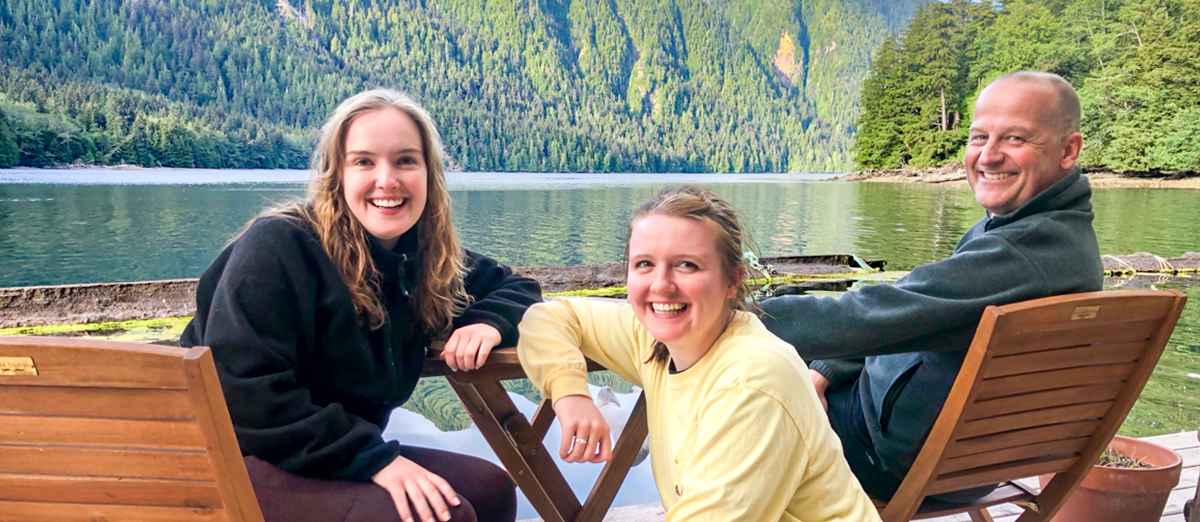
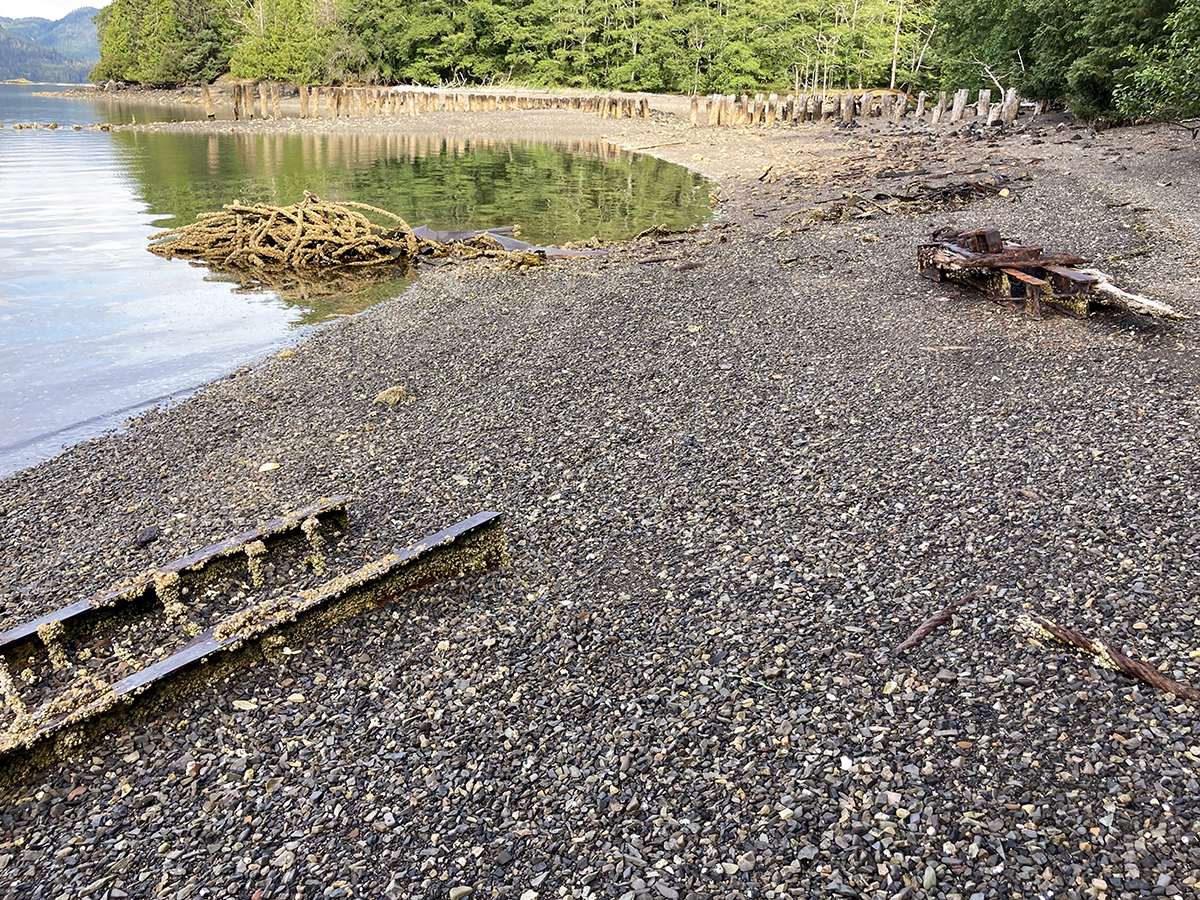
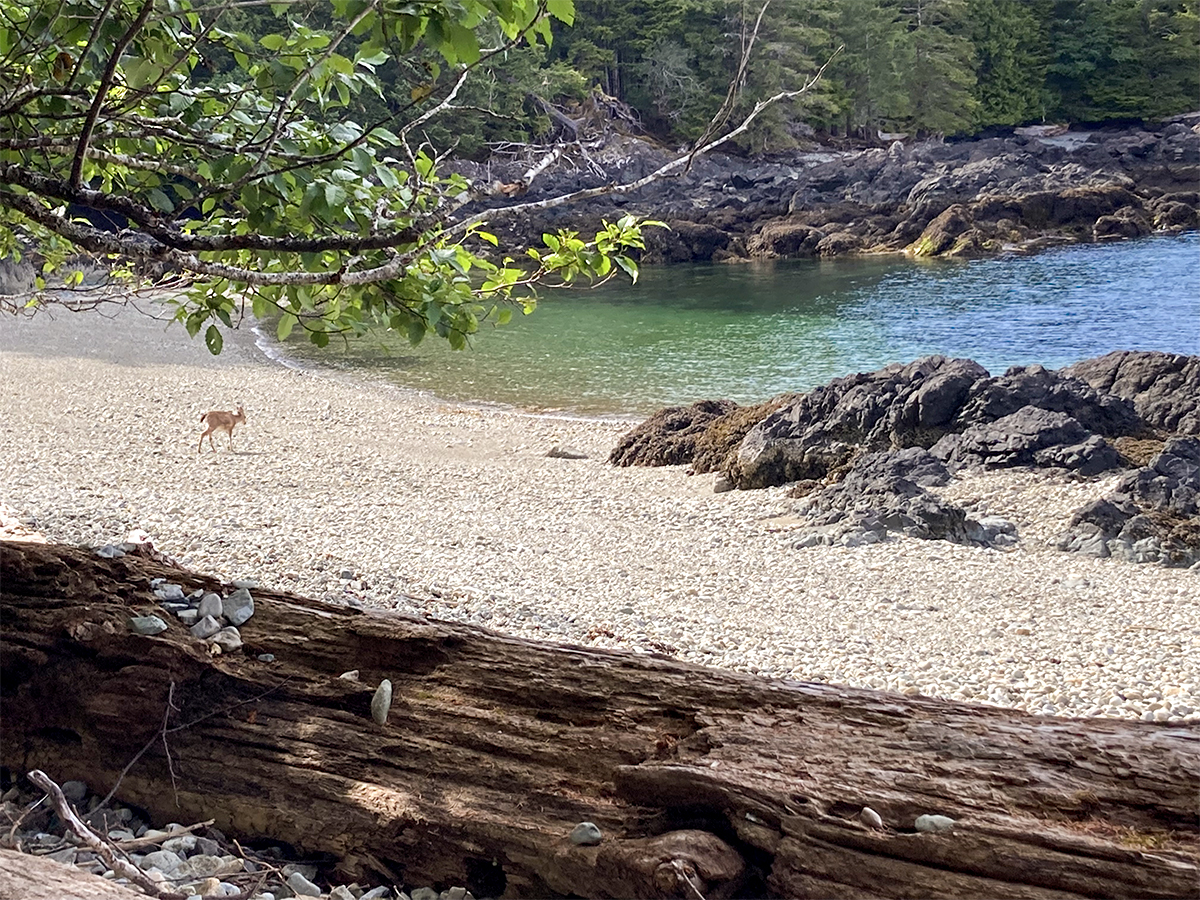
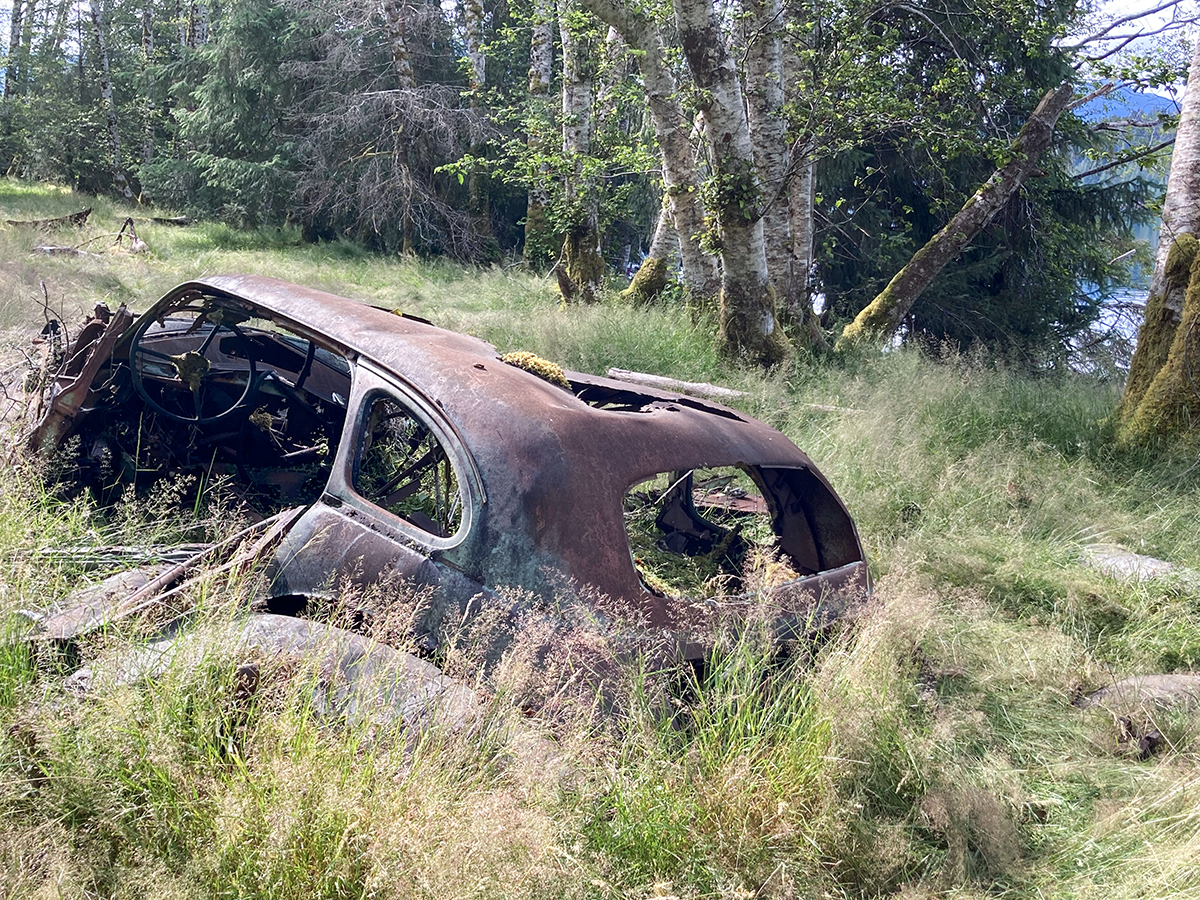
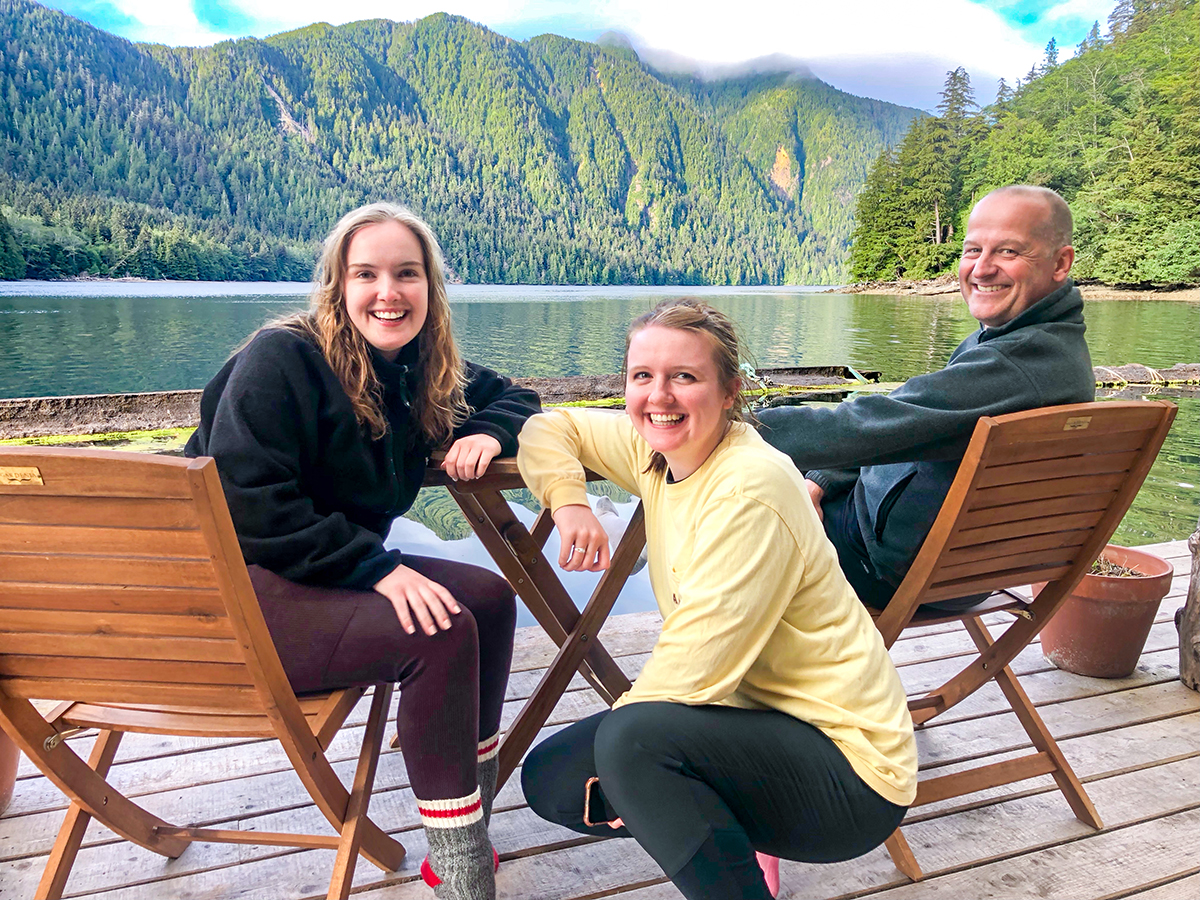

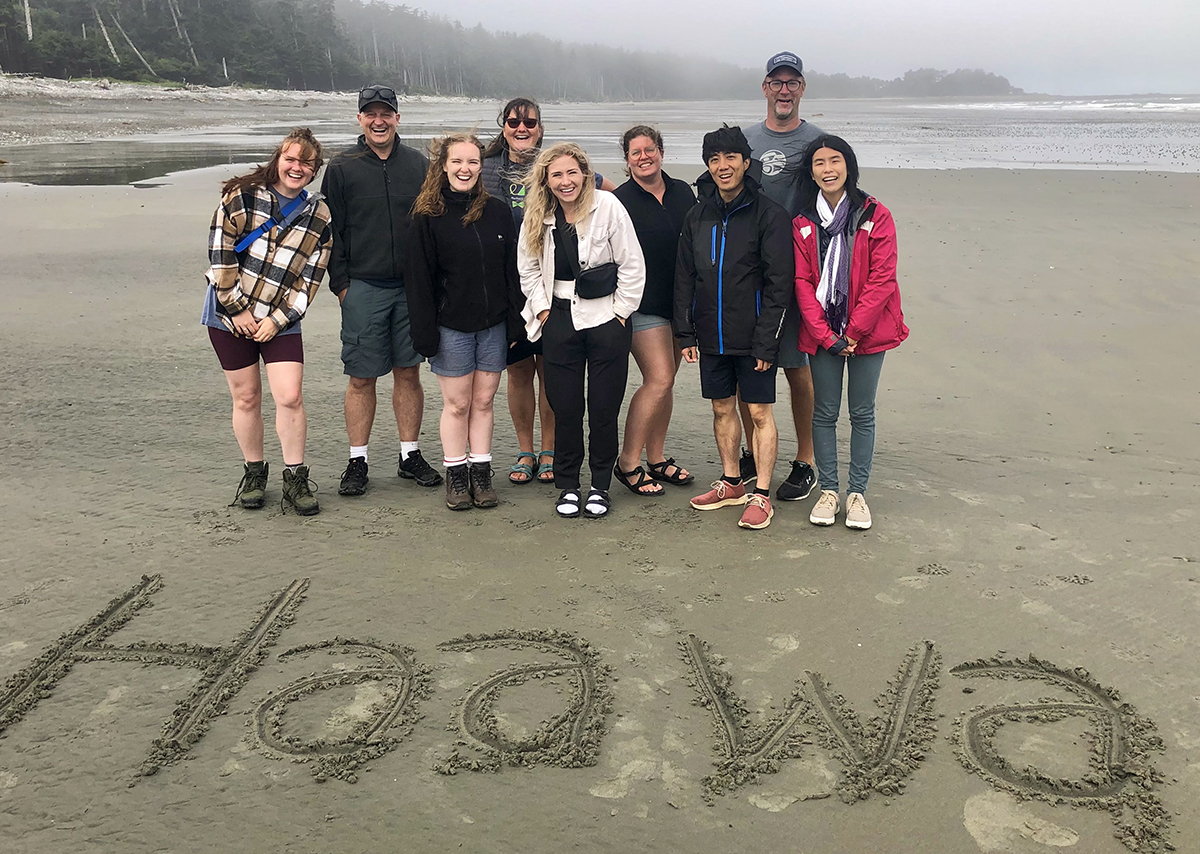
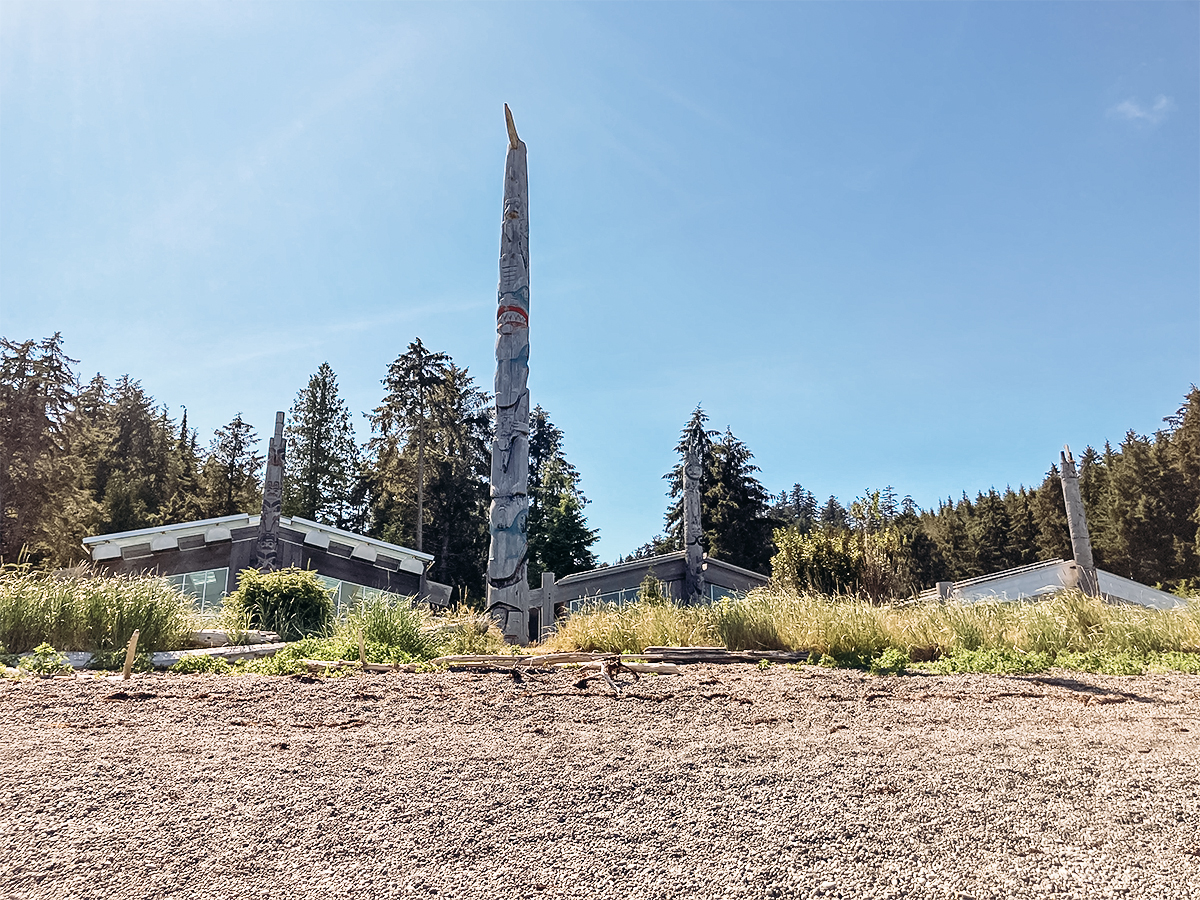
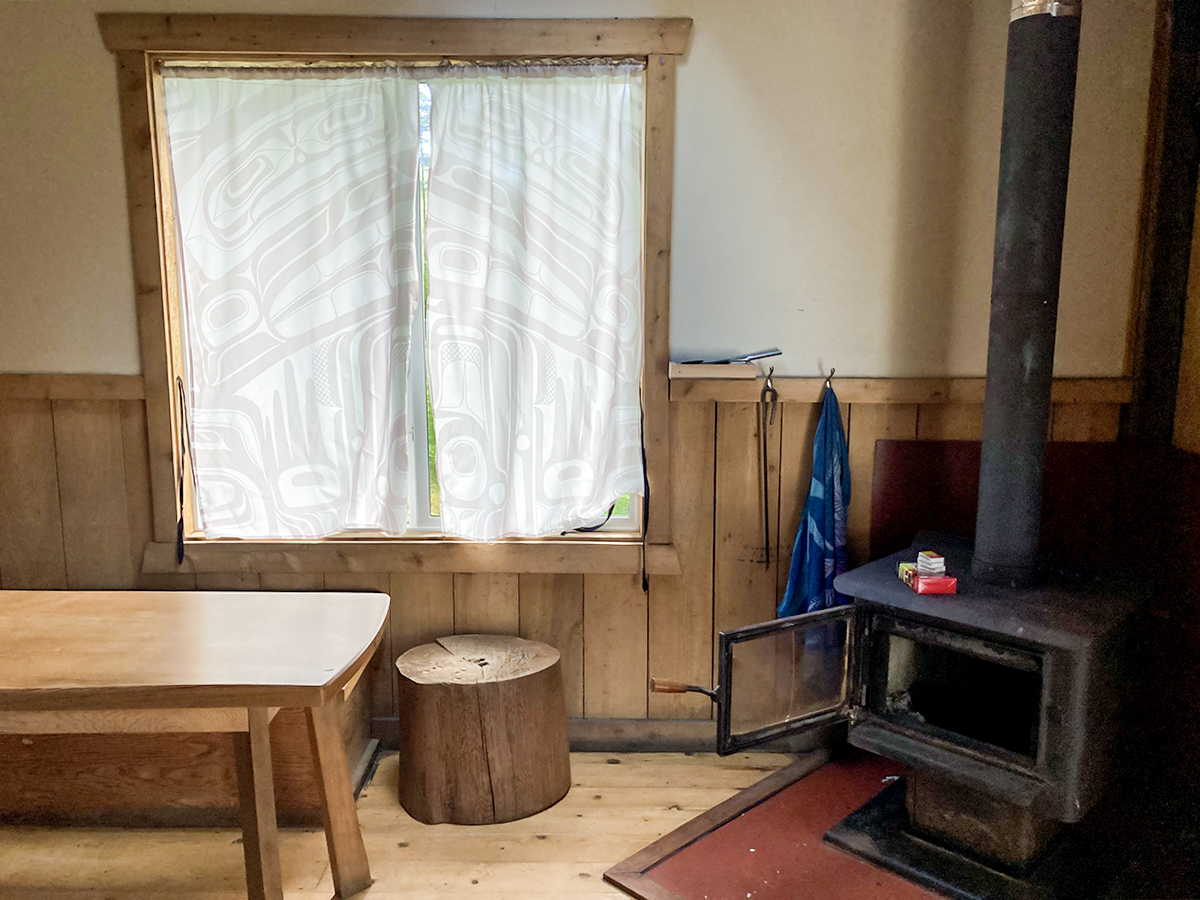
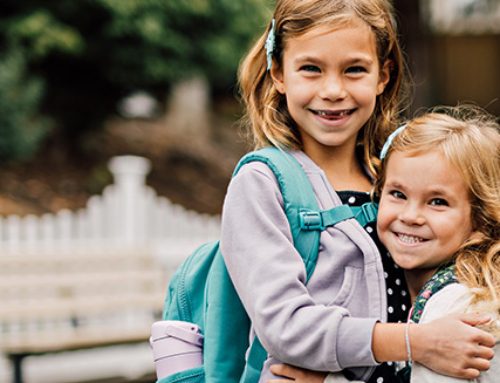
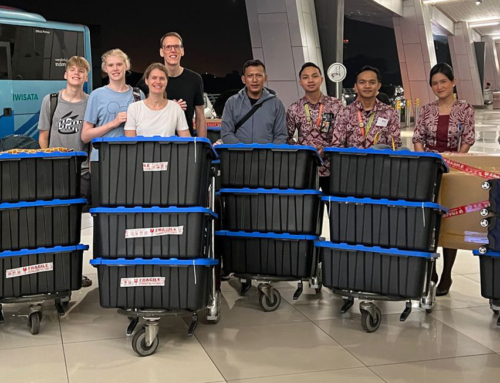
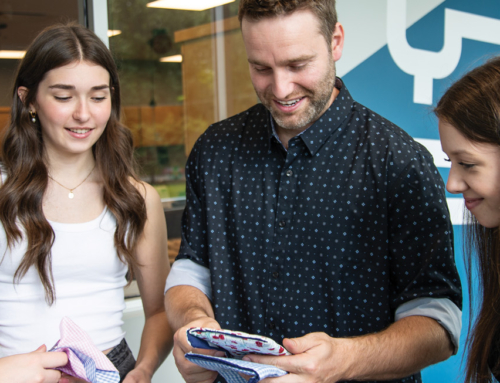
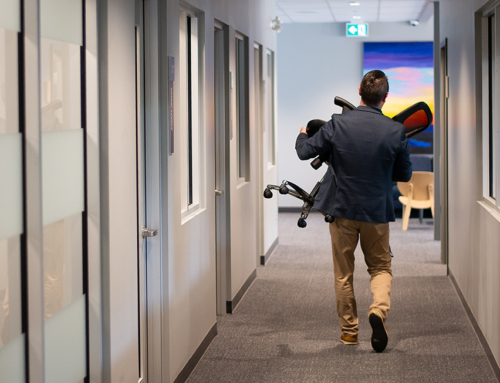
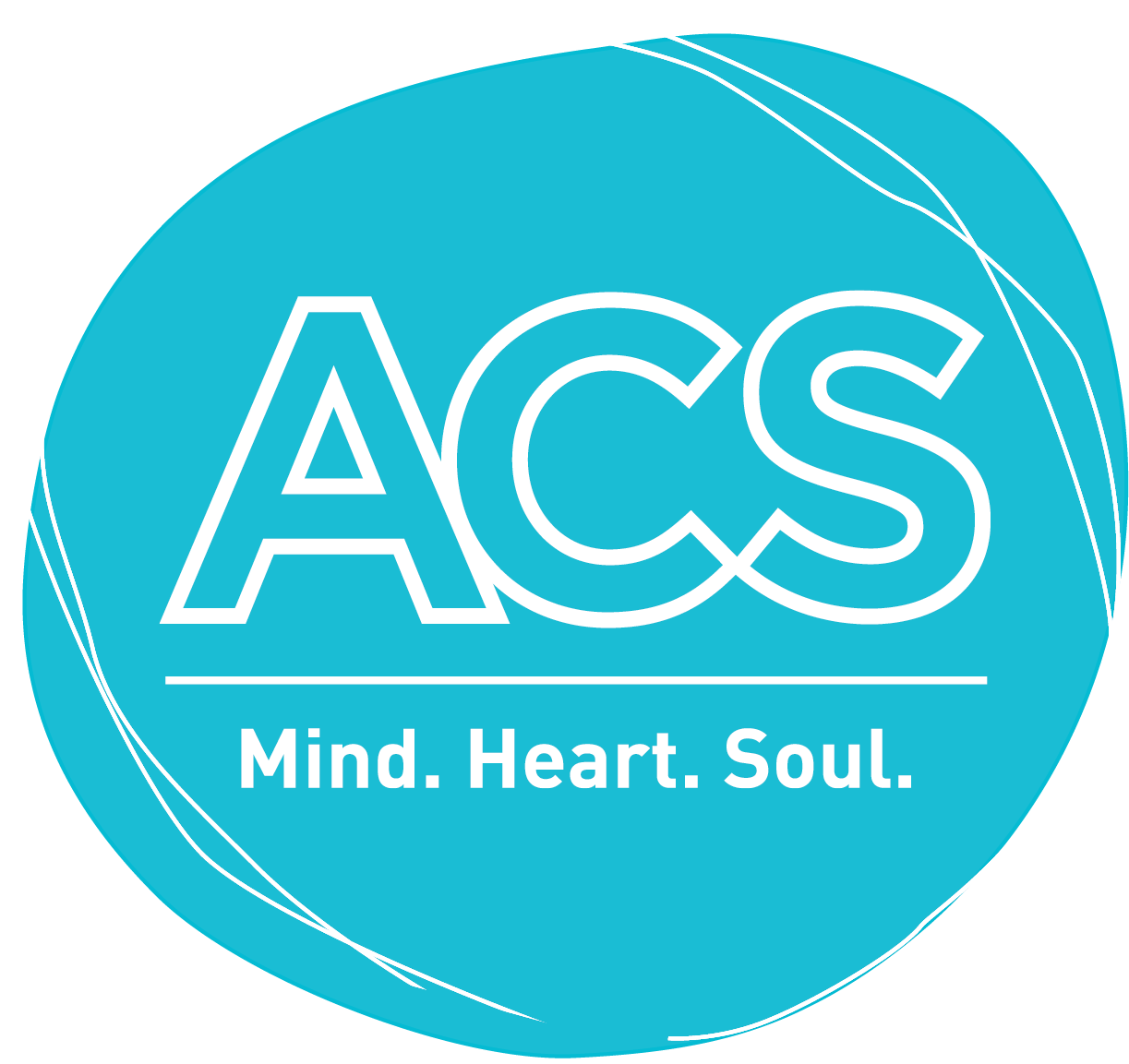
WHAT DO YOU THINK?
Thanks for sharing this Naomi.